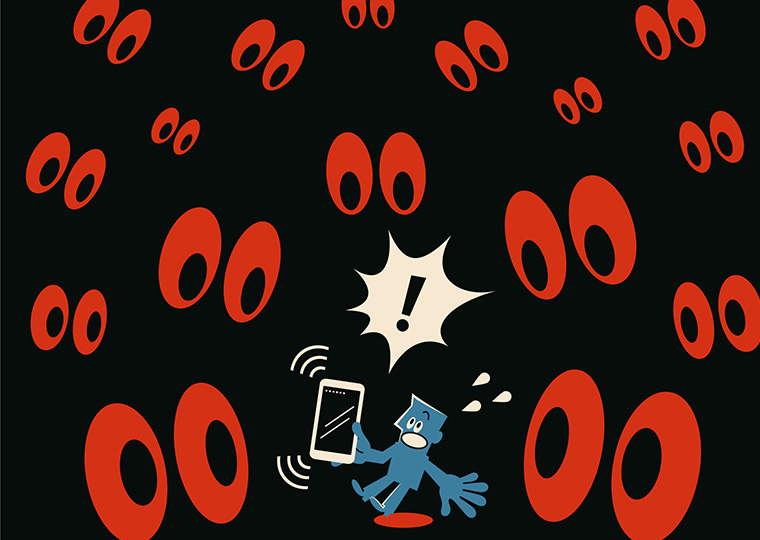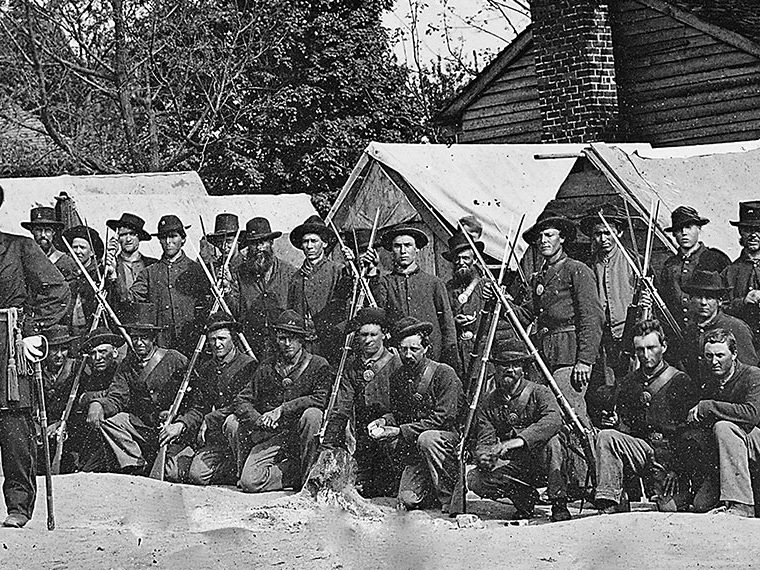Time off as a reward makes people feel more human
Suppose you’re a marketing consultant making $52,000 a year and entitled to two weeks’ vacation. As a bonus, would you prefer $1,000 or an extra week off?
In the workplace these days, many workers are trying to hold onto work-from-home status and other flexibility gained during the COVID-19 pandemic. Employers, meanwhile, are trying to lift worker engagement and thus productivity but are also mindful of losing valuable employees and the bruising costs of turnover.
With all this as background, University of Missouri-St. Louis’s Alice Lee-Yoon and UCLA Anderson’s Sanford E. DeVoe, in a paper published in the Journal of Managerial Psychology, examine whether rewarding workers with time off in the place of bonus money makes people feel more human.
The authors found that it does. Significantly so.
More Than a Feeling
By “feeling more human,” the authors mean having your full self recognized at work — your emotions, thoughts, relationships and worth beyond just your output.
What does it mean to feel more human? And what’s in it for the employer? Other research has found that feeling like a cog at one’s workplace undermines commitment to the job, thus presumably productivity, and leads workers to think about leaving.
So, Lee-Yoon and DeVoe set about trying to measure the impact of a bonus week of vacation versus a monetary bonus of equal value (one week’s pay).
- In an initial study, the authors surveyed 1,507 full-time workers in jobs ranging from clerical to managerial and professional to ask about vacations and monetary bonuses (all subjects had experienced both). They asked the workers to imagine either a vacation day or a monetary award they’d received, how they used it and how they felt about the award. The authors found that those who recalled their vacation days reported significantly greater feelings of humanness than those who recalled using the money. (Their answers included words like “emotional,” “warm” and “sophisticated,” as opposed to “robotic” and “superficial.”) In other words — in line with prior humanness research — those receiving the vacation time felt an internalized sense of being treated and valued as a complete human being. Occupations and income level made no difference.
- A second study, using 499 subjects who were told to imagine they were hired as a marketing consultant at a company — making $54,000 salary and getting two weeks’ paid vacation — and that they might receive either a bonus of one week extra pay or extra vacation. They were later asked about segmentation (similar to work-life balance or separation of work and life). Those who were told they got the extra week off felt greater segmentation than those awarded a bonus of money.
- A third study again asked 200 participants to imagine themselves as marketing consultants. At breakfast on their first day of a weeklong vacation, they receive lock-screen iPhone alerts to two messages. In one group, the alerts are from their mother and a friend. In the other group, the alerts are from their mother and their boss. Not surprisingly, the group that did not receive a message from the boss reported feeling significantly greater humanness than the other group, as they had no work-related interruption during vacation. The greater the separation from work, the more humanness employees felt, the authors report. In subsequent analysis, they found that higher degrees of humanness were strongly associated with anticipated increases in job satisfaction, higher engagement and reduced turnover.
While there have been lots of studies exploring employees’ negative feelings about work, this research does the opposite. It examines the positive feelings employees experience when they are given the opportunity to detach from work. The research gives employers insights into the psychological benefits of offering vacation as rewards as well as a concrete way to accommodate employees’ increased desire for flexible work. The nonmonetary award gives bosses flexibility too. Time off awards may be given at a manager’s discretion and don’t have to be part of an HR benefits package.
Time off awards can make a company appear genuinely interested in its workers’ well-being. Monetary bonuses based on productivity and other measures of performance are often perceived as transactional. “Organizations aiming to enhance employee well-being and reinforce humane workplace values might benefit from incorporating time-based rewards into their incentive structures,” the authors write.
Who Wouldn’t Want More Time Off?
Lee-Yoon and DeVoe note that vacation increases perceptions of humanness across all income levels in their sample. However, their research does not reflect the feelings of financially strapped individuals or those from lower socioeconomic backgrounds who may prefer, or may need, money instead of vacation. Their studies don’t reflect people in the workforce who would just rather have cash.
Nor does the research address a curious trait of American workers: Many don’t take all of the vacation time they’re owed. In 2023, 62% of 1,500 American workers surveyed by fintech firm Sorbet failed to use all their paid time off. That was up from 57% in 2022. Overall, those workers took only 67% of the paid time that they were owed. About half of the time, unused vacation time would be carried over to the next year. When employees left their jobs or were laid off, most were to be paid for the cash value of their unpaid time, according to the survey conducted by Sorbet and marketing research firm Sapio.
Earlier research by the U.S. Travel Association, Oxford Economics and Ipsos found that in 2018 Americans collectively failed to take 768 million days of vacation.
Some 55% of the workers surveyed by Sorbet said they had felt pressure from their bosses to not take their vacations. And many workers either return from vacation to their job’s tasks having piled up, or it’s left to them to arrange coverage from co-workers.
Most wealthy countries require that employers provide a minimum number of vacation days. The U.S. does not.
The Lee-Yoon and DeVoe research suggests that employers choosing to emphasize the reward of time off — as opposed to money — could engender significant positive feelings among their workers and perhaps be repaid with increased employee engagement.
Featured Faculty
-
Sanford E. DeVoe
Professor of Management and Organizations, Area Chair
About the Research
Lee-Yoon, A., & DeVoe, S. E. (2025). A humanizing separation from work: the benefits of rewarding people with vacation instead of money. Journal of Managerial Psychology, 1-14.






